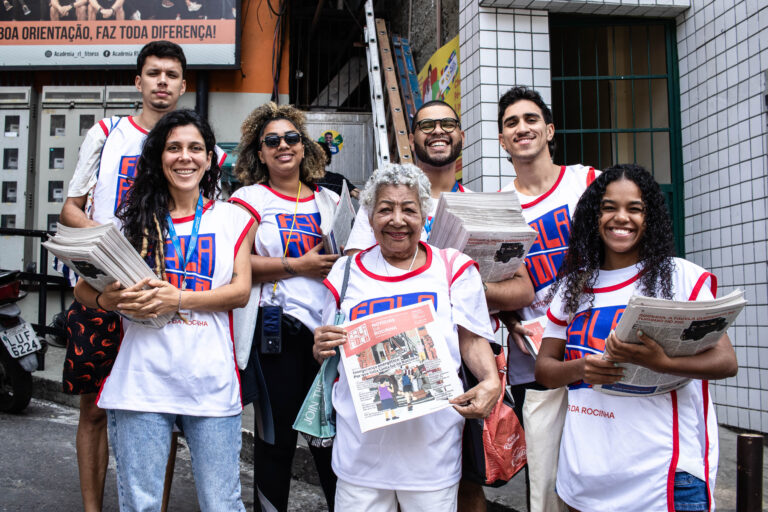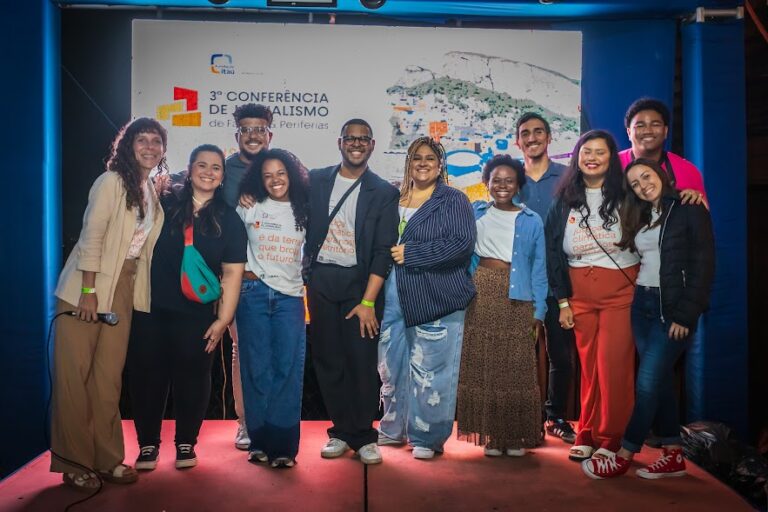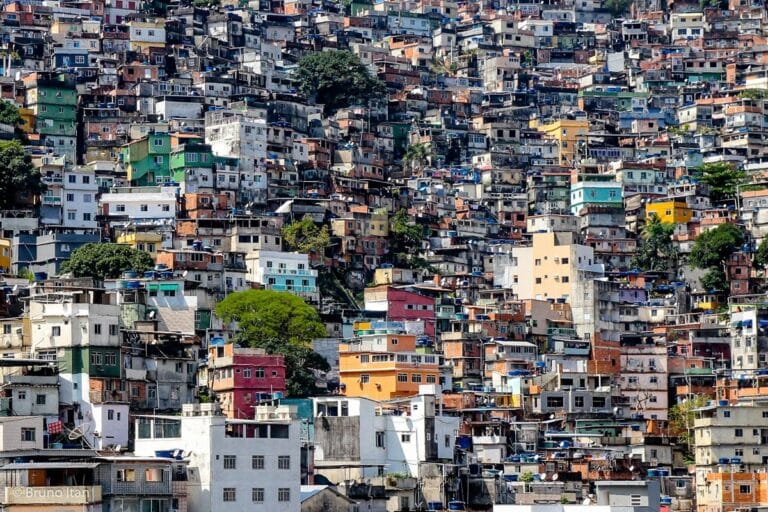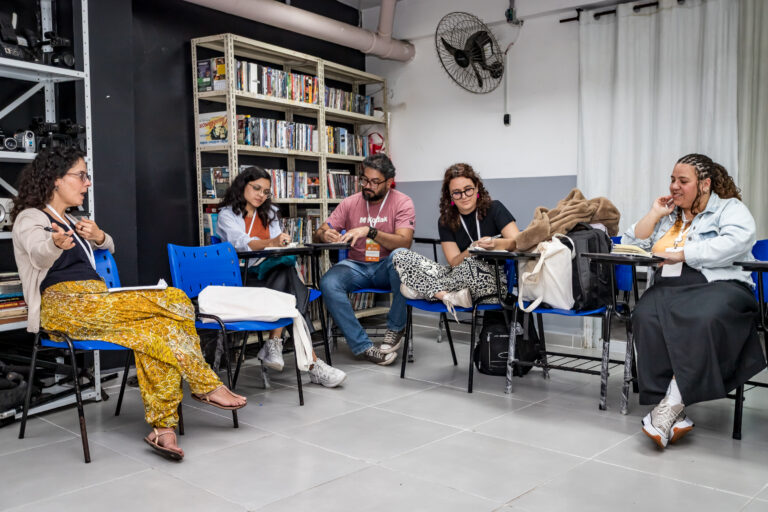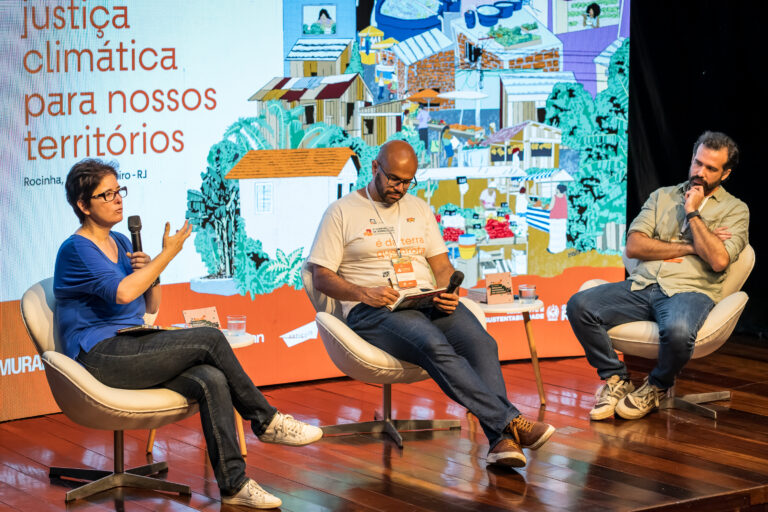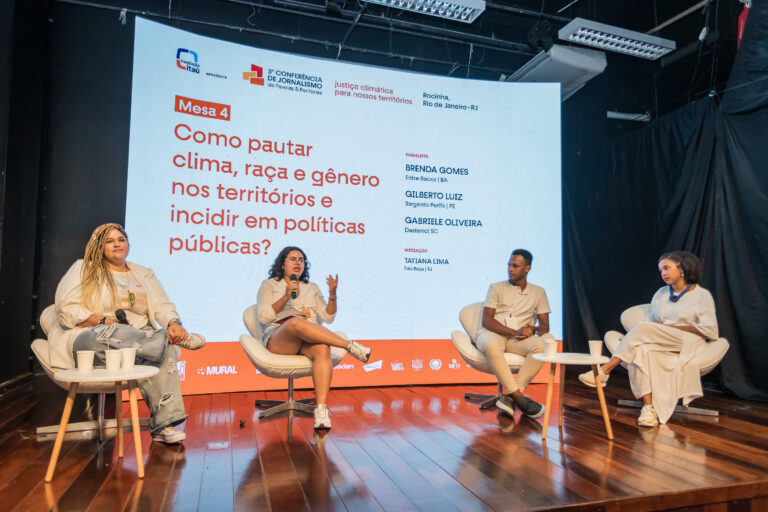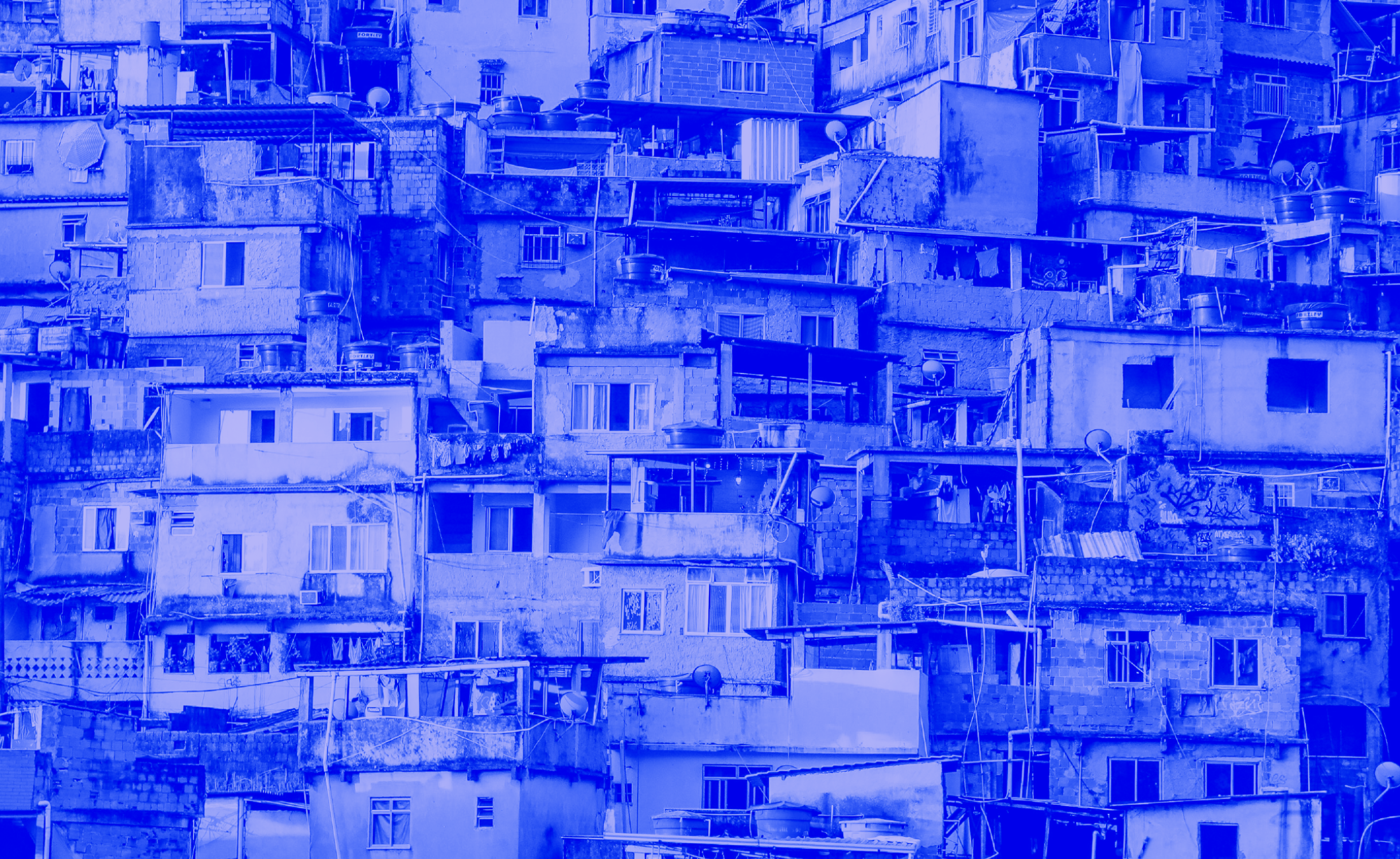
Why Have a Conference on Favela and Peripheral Journalism?
Talking about violence in the favela isn’t just about gunshots, armored police trucks, and headlines. It’s about a complex reality—shaped by absences, structural racism, inequality, and resistance. And now is not the time for empty speeches or fancy words. This is a time for respect, for attentive listening, and for speaking with both feet firmly planted on the ground, because we’re addressing a population that has been undermined for decades and continues to resist even when the State turns its back.
Fala Roça Editorial – 10/31/2025 – Translation provided by RioOnWatch
Talking about violence in the favela isn’t just about gunshots, armored police trucks, and headlines. It’s about a complex reality—shaped by absences, structural racism, inequality, and resistance. And now is not the time for empty speeches or fancy words. This is a time for respect, for attentive listening, and for speaking with both feet firmly planted on the ground, because we’re addressing a population that has been undermined for decades and continues to resist even when the State turns its back.
In this moment of grief, we stand by the families who lost loved ones and by all the communities affected by the massacre that took place in Complexo da Penha and Complexo do Alemão, an event that marked the history of favelas in Brazilian democracy. We also embrace in solidarity the families in Rio de Janeiro and across the country, who, upon seeing unimaginable images in a democratic State, feel fear, outrage, and indignation.
Even in the face of this collective mourning, we decided to honor our commitment and hold the 3rd Conference on Favela and Peripheral Journalism. It was not an easy decision. But the dream that drives us is collective, and moving forward is also a form of resistance. Turning grief into struggle is what favelas do every day. Reexisting is the first step toward rebuilding.
Held by Fala Roça and Agência Mural, the 3rd Conference on Favela and Peripheral Journalism brought together about 100 journalists from five Brazilian regions, along with Rio de Janeiro journalists, in Rocinha. Together they sought possible answers to the question posed by this editorial: Why Have a Conference on Favela and Peripheral Journalism? We believe it is to uphold our narratives, our listening, and our justice for favela and peripheral territories. The solutions to the challenges we face can sprout from the soil, and grow from the ground and the alleys that need all of us to be heard and made visible.
Fala Roça was founded in 2013 to challenge stereotypes and prejudices, putting residents and solutions from the favela at the center of narratives about Rocinha. Twelve years later, this mission remains alive in us. We do journalism from within Rocinha, promoting culture, identity, and favela representation without romanticizing hardships—but also without reducing them to the only way of existing in favelas and peripheral areas. Our raison d’être is to build more human narratives and to promote social justice through solutions-based journalism.
Ever since favelas came into being, Brazil’s mainstream media has produced distorted and marginalized portrayals of our communities. As the largest favela in Brazil, Rocinha has not escaped the stereotypes created by journalists. Marked by violence, all favelas and peripheral areas have had—and continue to have—their stories told through a single lens that ignores the multiple realities and strengths of those who live in them.
As a media outlet working in four areas—journalism, training, research, and the preservation of Rocinha’s memory and history—Fala Roça acknowledges that it should not walk alone. We are part of an ecosystem of local media that together build a humanized, plural journalism that is committed to democracy, freedom of expression, and human rights. Our role is to investigate rigorously, fact-check responsibly, and hold public policies accountable to promote equity and social justice.
Peace with no voice is fear!
